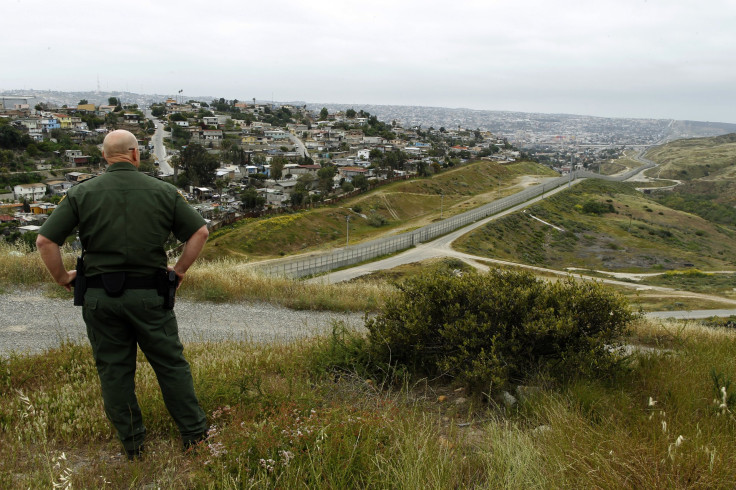
Prosecutions along one stretch of the U.S.-Mexico border are returning to normal on Friday after officials curtailed services earlier this week, reported the Associated Press. The office of Laura Duffy, the top federal prosecutor in San Diego, had issued guidelines on Monday for California's part of the border with Mexico, which said that only the most serious immigrant and drug-smuggling cases, as well as those of suspects charged with a felony for re-entering the United States after deportation, should be prosecuted. Duffy told the AP that regular services would return after the Justice Department had agreed to bring furloughed staff back to work.
"Our initial contingency plan was not going to allow us to maintain our regular intake of criminal cases so we sought and received authorization from DOJ to exempt more of our criminal division staff from furloughs," she said in a statement. "As a result, tomorrow we are back to normal intake." Attorney offices like that of Duffy often issue guidelines to immigration and border enforcement agencies in order to advise them on which cases would most likely proceed to prosecution.
The initial guidelines on Monday advised that immigrant smuggling cases only be prosecuted if they involved death or serious injury. Non-marijuana drug-smuggling cases would not be prosecuted if the suspected involved was in possession of the special visa for short visits given to Mexicans who live close to the border. Marijuana cases, the guidelines said, were not to be prosecuted at all. Deportation cases were affected too: felony prosecutions for those who tried to re-enter the United States after being deported would be accepted only if the suspects had been previously convicted of a violent crime. On Wednesday -- one day after these new guidelines went into effect -- the requirement that immigrant-smuggling offenses involve death or serious injury was dropped, instead mandating that they be reviewed case by case, according to a U.S. official who spoke with the AP under condition of anonymity. Felony re-entry prosecutions were also accepted for suspects with at least two felony convictions, even if they were non-violent.
The California-Mexico border for which the guidelines were issued saw in July the third-highest number of immigration-related prosecutions among border regions, after only Southern and Western Texas, according to the Transactional Records Access Clearinghouse at Syracuse University.
© 2024 Latin Times. All rights reserved. Do not reproduce without permission.